Fauci: This COVID Drug Might Actually Work
"What it has proven is a drug can block this virus."
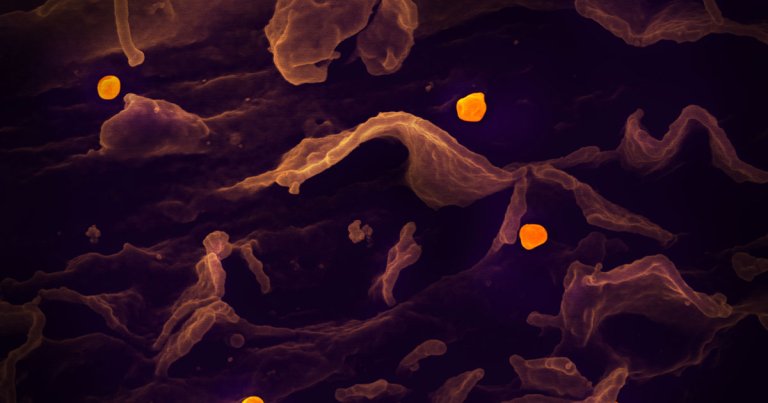
"What it has proven is a drug can block this virus."
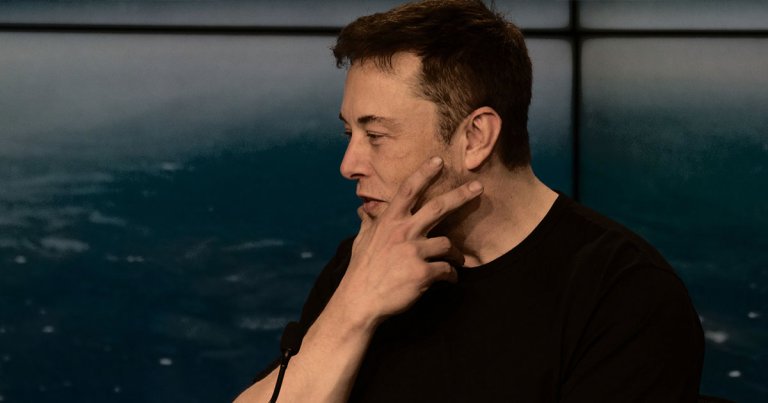
Musk just had another meltdown. This one was illuminating.
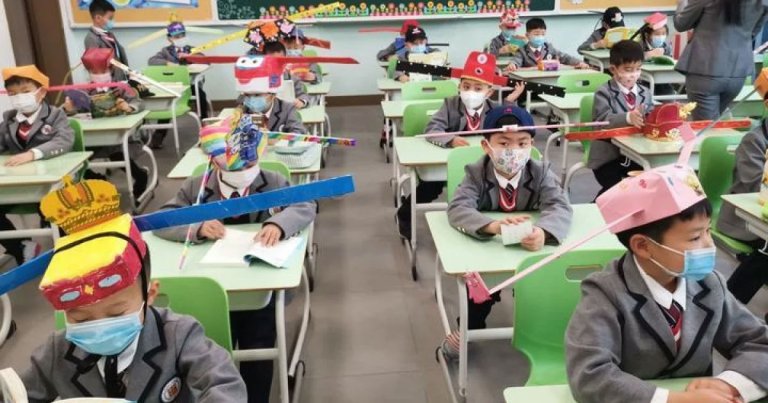
Okay, this is pretty cute.
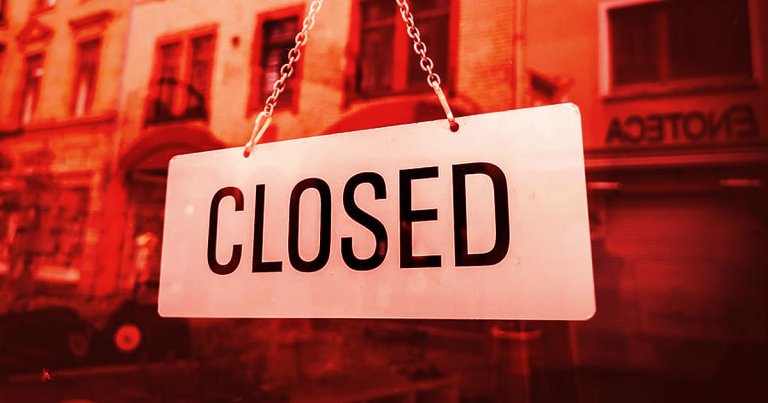
"Labor shortfalls among core workers in particular strip more value from the economy."
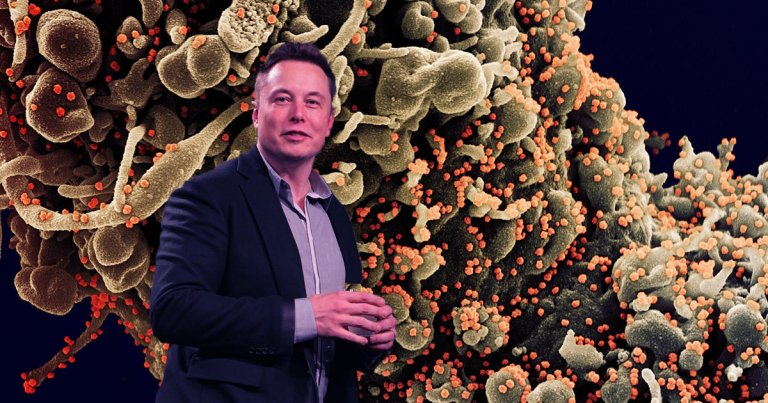
Medical experts have rebuked what they say is Musk's poor understanding of the pandemic.
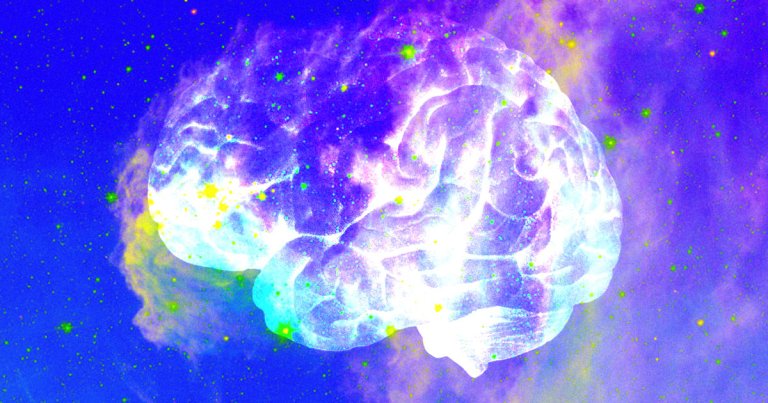
"This could be the beginning of a scientific revolution."
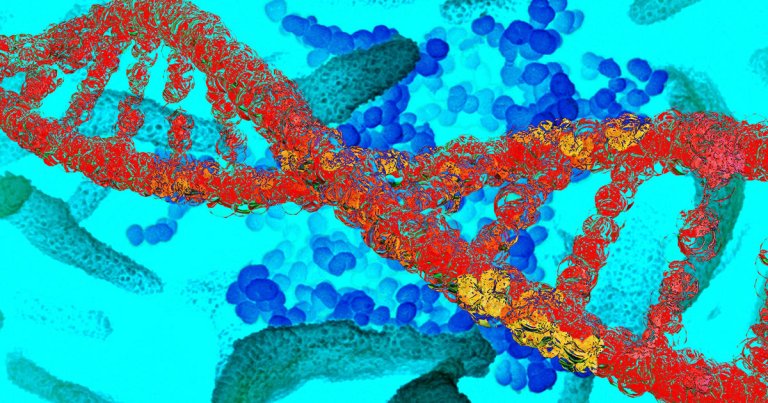
A "person may have genes that put them at high risk, and that's really the power of this report."
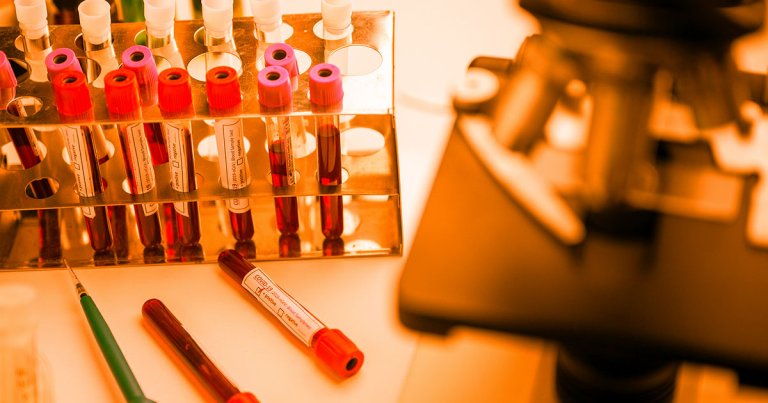
"It is a very, very fast clinical program."

"It strongly suggests that there is potential for airborne transmission."
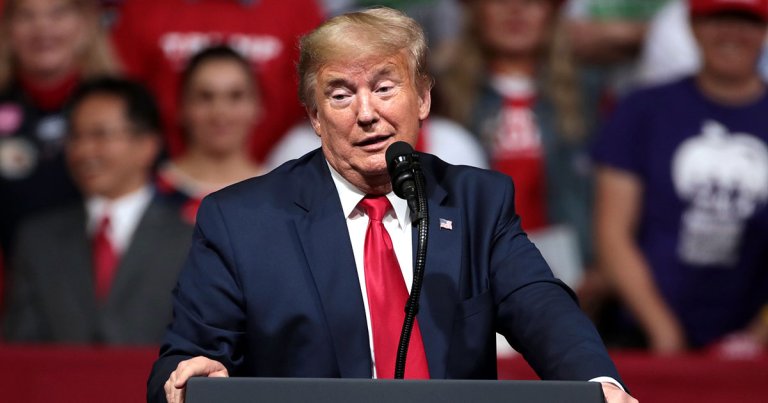
Trump was ignoring warnings about the coronavirus back in January.

The anti-viral coating is expected to hit stores in May.
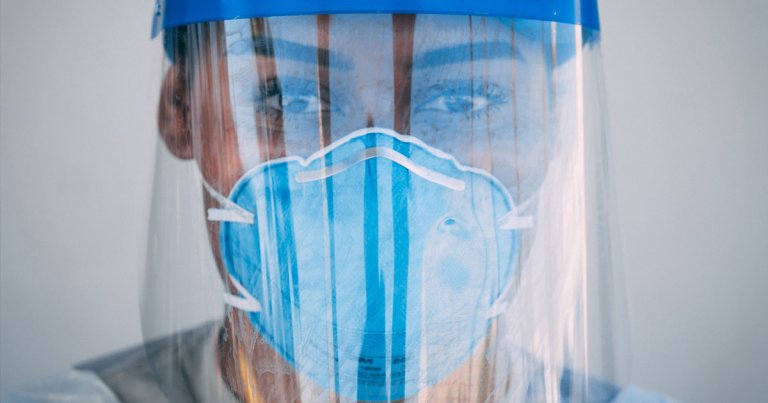
According to experts, the pandemic's death toll could be vastly higher than we thought.
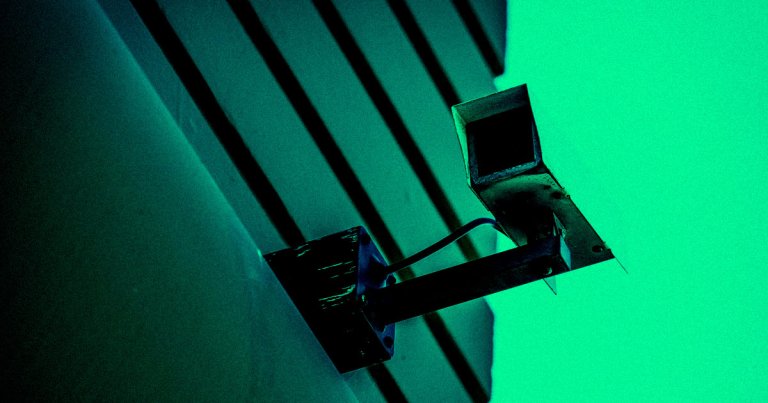
They're always watching.

European diseases killed 90 percent of the indigenous population. Could it happen again?
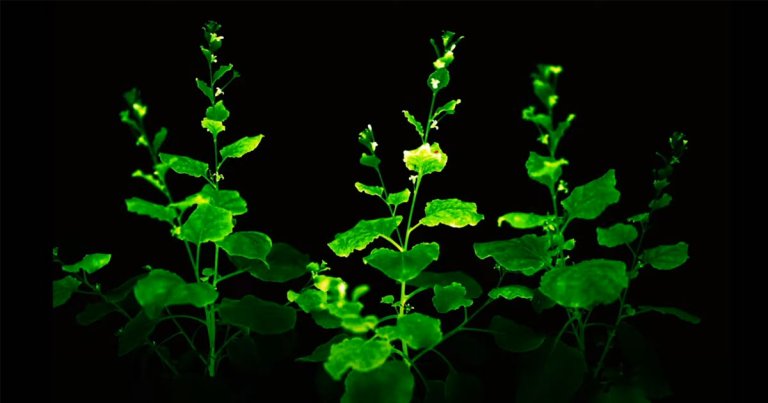
Scientists think the same hack could work on animals.
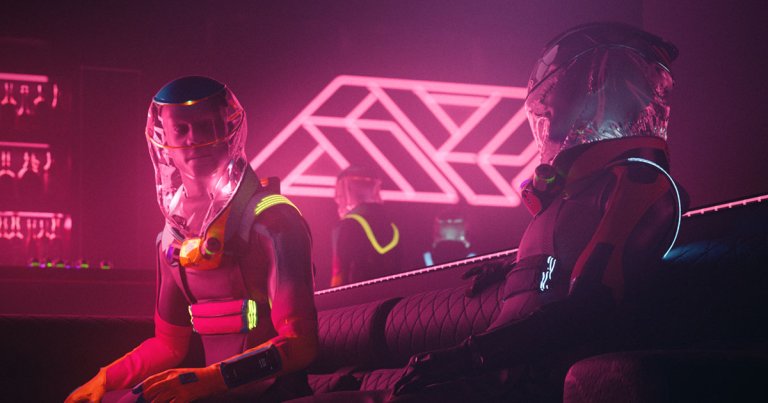
"The Micrashell is a virus-shielded, easy to control, fun to wear, disinfectable, fast to deploy suit that allows socializing without distancing."
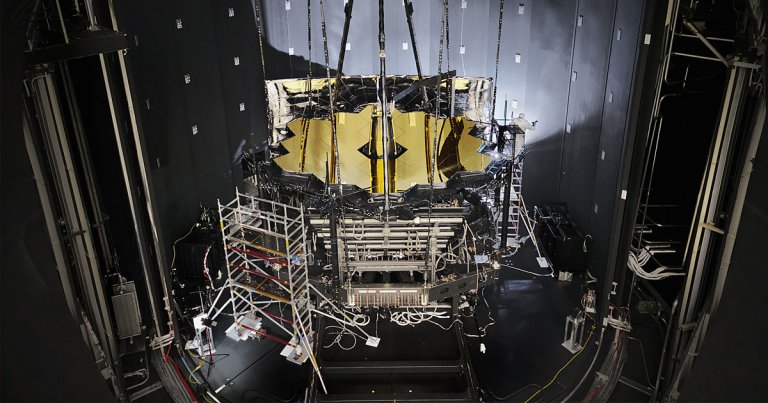
"I'm very excited about a future of space-based telescopes that could be very large."